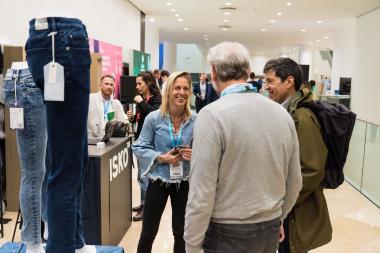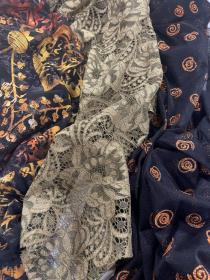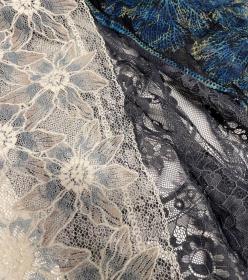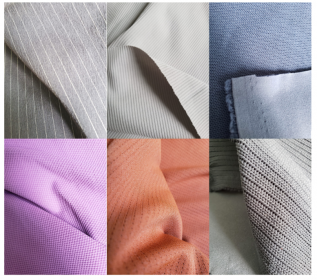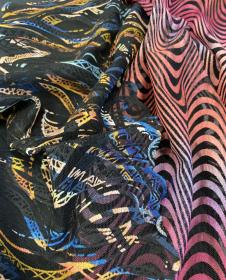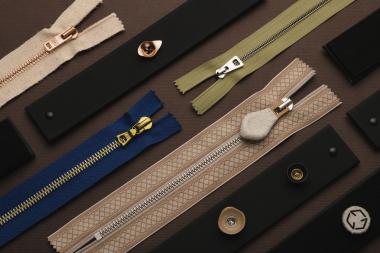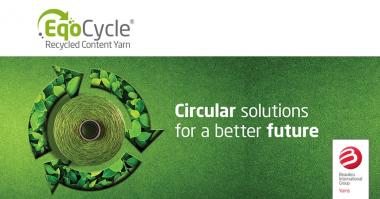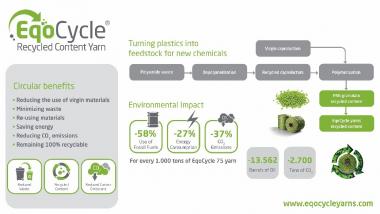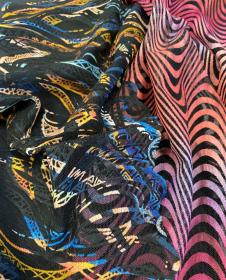Collaboration between Eastman and Debrand: Recycling of apparel waste
Eastman, a specialty materials company and producer of Naia™ cellulosic fibers, has formed a collaboration with Debrand, a logistics company specializing in finding sustainable solutions to apparel waste.
Teaming up with Debrand for collection of the waste, Eastman is using its molecular recycling technology to recycle 5,000 pounds of pre- and post-consumer apparel waste. The process breaks down apparel waste to its molecular building blocks and uses the certified recycled material to create Naia™ Renew fibers — circular fibers made from 60% sustainably sourced wood pulp and 40% recycled waste material via Global Recycled Standard-certified mass balance.
Eastman and Debrand are showcasing the transformative potential of molecular recycling technology to address the textile waste crisis. By providing more circular solutions for apparel waste, this partnership sets a new standard for sustainable practices in the fashion industry. Prior to its collaboration with Eastman, Debrand secured a strategic investment from Waste Management, a provider of comprehensive waste management in North America, to deliver circular solutions across the U.S. and Canada.
Eastman continues to partner with strategic brands and organizations to drive innovation and enhance the infrastructure for a circular economy in the textiles industry. Recently, Eastman teamed up with Patagonia to recycle 8,000 pounds of its unusable apparel.
Eastman










